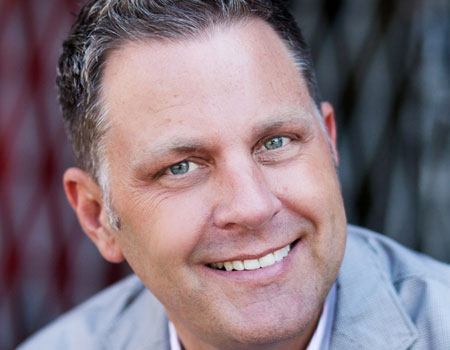Response Ability Project examines bystander roles

The national Response Ability Project is coming to Emerson on March 20 to teach community members how to examine their role as bystanders during instances of hazing, bullying, assault, drug or alcohol abuse, and discrimination.
Mike Dilbeck, founder and president of the Response Ability Project, will host the workshop at the Cabaret in the Little Building at 7:00 pm. Anyone is welcome to attend.
“There is a lot of cruelty in our world today, and many of us are experiencing it while observers look on and do nothing, say nothing,” said Dilbeck.
The human phenomenon known as bystander behavior is characterized by lack of action. Founded in 2007, the Response Ability Project was originally designed for fraternity and sorority members.
“It has now grown to be a message for everyone,” said Dilbeck. “Any age, gender, and ethnicity.”
The workshop is part of this year’s Greek Week at Emerson, but Director of Student Activities Jason Meier stresses that the project’s message is not limited to students involved in Greek life.
“The message that Mike talks about—of taking care of your community and being an active member in a community—is for anyone,” Meier said. “If you’re living in a residence hall, if you’re living in an apartment with friends, if you’re taking a class…we all belong to the Emerson community and have a hand in the responsibility to protect our community.”
Meier first learned of Dilbeck’s Response Ability Project when his graduate assistant Spencer Hudec saw it showcased at the Association for Fraternity Advisors Conference in December.
The Response Ability Project has been invited to more than 250 campuses, communities, companies, and organizations. “The Response Ability Project is committed to having this movement and conversation grow so that we can create a world that is safe, and where we all are honored for who we are,” Dilbeck explained.
In bringing his workshop to Emerson, Dilbeck says his goal is “that everyone in the Emerson community realizes that they have the power to make a difference and to create change.”
“It fosters a sense of responsibility in oneself, and these are things that sit in line with the mission of the College in bettering our world,” said Meier. “That’s the message I want to get across to people: People can be part of the solution.”
Categories